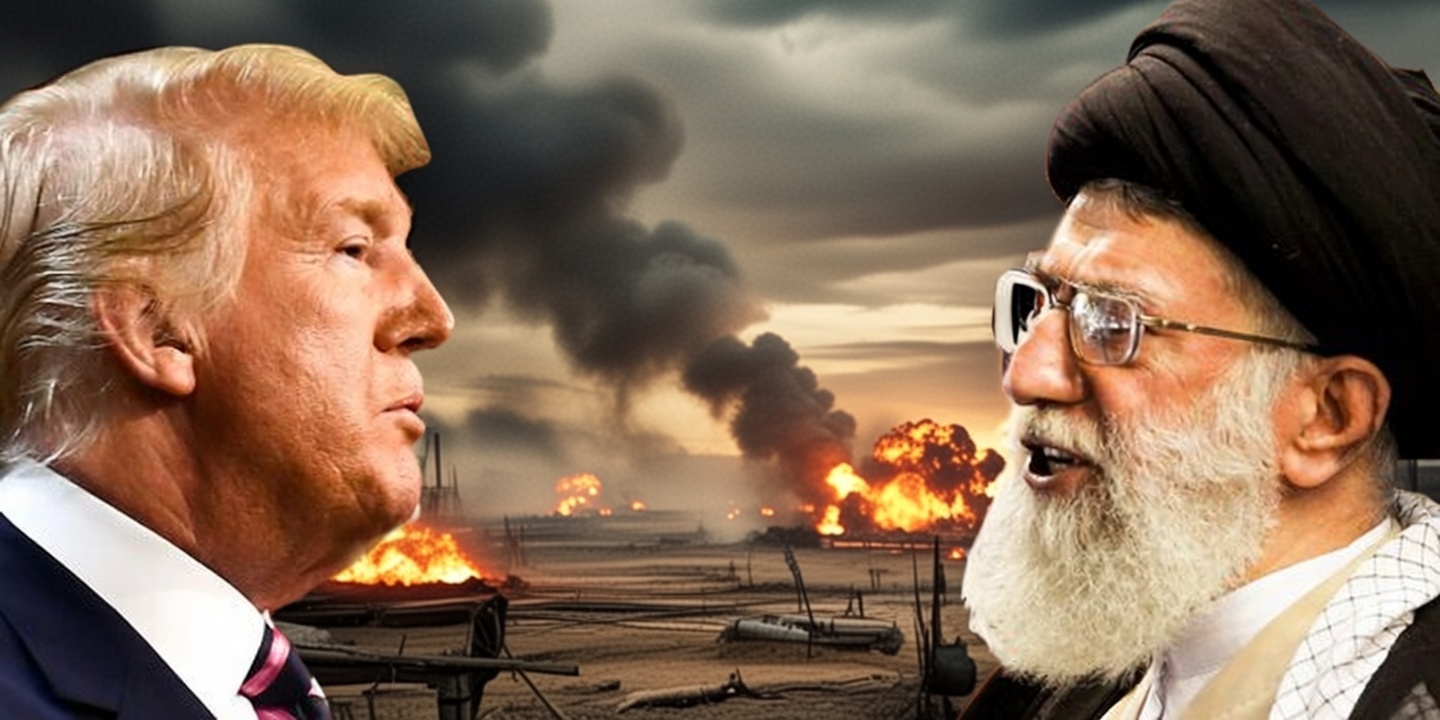Israel, undoubtedly, has the most powerful Air Force in the Middle East. Since the 1960s, the Israeli Air Force (IAF) has played a pivotal role in the country’s defense, incapacitating the enemies.
The sheer dominance of the Israeli Air Force has come about through super-efficient training, intelligence operations conducted by Mossad and other agencies to gauge the vulnerability of its opponents, and a resilient approach to design and acquisition of new aircraft.
One country that always but unsuccessfully challenged the Israeli air dominance was Egypt. The country is veering off course in its weapons procurement policy, purchasing more from nations such as Russia and France, and the latest being the addition of Rafale jets.
The United States is worried about the potential loss of influence over Cairo with the Islamic nation continuing to build up its military power independent of the US. Egypt’s latest deal is to procure additional 30 French-made F3-R Rafale fighter jets for $5 billion.
The Rafale deal brings up the number of such aircraft in the Egyptian Air Force to 54, building up from the previous batch of 24 jets inducted in 2015. The 4.5 generation Rafale gives unprecedented capabilities to the country, which were previously denied by the US, such as long-range air-to-air missiles, advanced sensors, and targeting systems.
At €7.8B, Why Indian Rafale Jets Are ‘Double The Cost’ Than Egyptian Rafales?
Another significant addition to the nation’s air power was the sale of around 50 MiG-29Ms acquired from Russia in 2015. Russia also supplied Egypt with its most prized jets in its armory — 30 Su-35 air superiority fighters in 2018 to the dismay of the US government.
The last major weapons deal between the US and Egypt was in 2010 for the sale of 20 F-16C fighter aircraft. In 2011, Mohammed Morsi became the country’s President after mass protests against the government.

Morsi’s tenure did not last long, he was deposed by the then-Defense Minister Abdel-Fattah, who made himself the President of Egypt.
The Obama administration then froze all defense deals with the country for two years when the relations started to improve again. The US arms freeze forced a major shift in the weapons purchase policy of the Egyptian government and the country started turning to other nations to bolster its armed forces.
According to the Stockholm International Peace Research Institute, US arms imports declined from 47 percent between 2009-14 to just 14 percent in 2015-20 in the country.
And it wasn’t just the fighter aircraft, Cairo started to turn away from American weapons in all other military purchases, such as helicopters, air defense systems, among other equipment.
Such developments raised concern among the US policymakers given that the country has been providing the Islamic nation with around $1.3 billion in annual foreign military financing.
This represents a challenge for the US which has been trying hard to maintain Israel’s Qualitative Military Edge over the decades by not supplying its neighbors with more advanced arms than the Jewish state itself.
The last thing the US policymakers want to see is its ally Israel being threatened by a more powerful adversary.
The rapid build-up of Egypt’s military arsenal is also raising concerns in Israel, with many questioning the motive of such weapons purchases in absence of a state enemy at its border.
Israeli experts fear President Abdel-Fattah el-Sissi is yearning for the restoration of former glory and the status of Egypt as a dominant power.
The country is also emerging as one with the best-equipped air forces in the entire Middle East region, with the last decade witnessing exorable military acquisitions from a number of countries such as France, China, and the United States, as well as Russia.
It is, therefore, pertinent, to examine a possible scenario where the country is pitted against Israel in an all-out confrontation that may take place in case of a regime change in Cairo.
Egypt Vs Israel Air Force
While Israel has been the undisputed air power in the entire Middle East for decades, Egypt is slowly growing its air force at an astronomical level. The latest purchase of Egypt includes the French Rafales, which will add significant new capabilities to the country’s air force.

After increasing the number of Dassault Rafale aircraft to 54, Egypt is reportedly contemplating taking the number to 100, with the addition of more advanced F4 versions of the aircraft. This will make Cairo’s Rafale fleet the biggest after France.
The F3-R version of the Rafale to be supplied as per the contract this month will allow integration of advanced systems including Thales’ Talios new-generation laser designator pod, MBDA’s impressive Meteor long-range air-to-air missile, and the laser homing version of the Safran AASM air-to-ground modular weapon.
“We are looking to increase the number to 72 or 100 units, depending on Egypt’s financial capacity,” a person familiar with the matter told Breaking Defence. “The new F4 version will have enhanced radar capabilities, and new weapon systems including smart gliders, heavier versions of the AASM Hammer precision-guided munitions and updated MICA NG missiles,” he added.
Such capability enhancements, experts say, dangerously challenge Israel’s air superiority in the region. Moreover, Egypt’s complex mix of aircraft types, which include Russian, American, and French models, is another nightmare for the Israeli Air Force in terms of the unpredictability of weapon systems.
Dassault has also reportedly agreed to improve data sharing among a range of different model types of aircraft, which has been a challenge for the Egyptian Air Force.
In terms of aircraft strength, Egypt ranks 10th in the world, according to Global Firepower Index 2021, with around 590 combat aircraft in service. The US-supplied F-16s remain the backbone of the air force, which their number standing at 240. Other aircraft types include the 65 French Mirages, 40 MiG-21s, 30 Chinese J-7s.
How US Helped French Rafales ‘Outflank’ Russian Su-35 Jets To Win Egyptian Fighter Jet Contract?
Egypt this year also received the first batch of Sukhoi Su-35 advanced multi-role fighter aircraft out of the total order for 24 such aircraft.
The Russian-made Su-35 comes with thrust-vectoring engines and a brand-new mission suite, that includes a Tikhomirov NIIP N135 Irbis PESA radar and a ‘glass’ cockpit. The country’s other Russian-made aircraft included the 46 MiG-29M and MiG-29M (twin-seat) multi-role fighters which have all been delivered.
The attack helicopter inventory includes 45 US-supplied AH-64 Apache and 30 Russian Ka-52A, which add to the military’s capability.
Israel which was ranked 20th compared to Egypt’s 13th by the Global Firepower Index in 2021 has about 255 combat aircraft, all of which are more advanced than its competitor.
Being a close US ally, Israel only operates US-made aircraft, which include 225 F-16s, 83 F-15s, and 27 F-35s. The strength of the fifth-generation F-35 fighters is expected to increase as Israel plans to induct more of them. By 2024, an additional 23 F-35 planes are due to arrive in Israel, to bring the total number of aircraft to 50.
Israel also operates 43 AH-64 Apache attack helicopters.
Although lesser in number as compared to Egypt, Israel’s fighter aircraft are all modern, pack more punch, have more advanced capabilities, and are operated by far superior pilots who undergo stringent training and induction.
The Israel Defence Forces (IDF) is a self-sufficient force and leads the world in the development of drones and precision-guided munitions. Unlike the Egyptian F-16s, which are blunted by a lack of long-range missiles, the Israeli F-16s have guided air-to-air missiles.
More importantly, the US-supplied F-35s, considered the most advanced aircraft in the world, give a tremendous advantage to IDF, which could quickly decimate the Egyptian air invasion with the quality of their stealth and weapons package.
Why The US Fears Its Key Defense Partner Could Leak F-35’s Stealth Technology To China?
In a possible aerial skirmish, it is estimated the Israeli aircraft would quickly prevail over rival air forces possibly with pre-emptive strikes besides their superior platforms, weapons and highly-trained pilots.
Both air forces mainly employ the F-16s, although an Egyptian F-16 would find it difficult to defend itself against an Israeli F-16 whose weapons have 35 km more engagement range. Moreover, the electronic warfare capabilities give the Israeli aircraft far more survivability against the Egyptian jets.

In all other capabilities, Israeli fighters could overwhelm Egyptian airpower, even when the fifth-generation F-35 has not entered the fight.
But this is about to change with Egypt acquiring advanced Rafale and Sukhoi aircraft, giving more teeth to the air force’s capabilities. Although it will still take time to induct a sufficient number of such platforms.
One major concern in the Egyptian air force is their quality of pilots, which has come under question repeatedly during the performance in various war theaters. Despite best efforts by the US to train the country’s pilots to effectively operate their aircraft, the pilots have failed to perform in air battles.
The country has suffered the worst F-16 crashes in the world all because of inefficient pilots. Saudi Arabia-led coalition had to arrange for separate training for Egyptian pilots to engage in the Yemen offensive.
The Egyptian aircraft were returned after the inability of their pilots to operate the fighters in the war. The bad performance was accredited to the lack of experience in modern warfare of the pilots and an ineffective training tradition in the country.
In an all-out war, it is understood that all other military strengths would be brought to bear against the adversary, including naval, nuclear, land, and missile assets.
Despite omnipotent Rafale jets and highly powerful Su-35s, what favors Israel is the unwavering support of the United States, its vast intelligence network, thoroughly trained & decorated pilots, nations’ vast experience in pre-emptive strikes, and most importantly the steadfast determination to defend the land of Israel.



